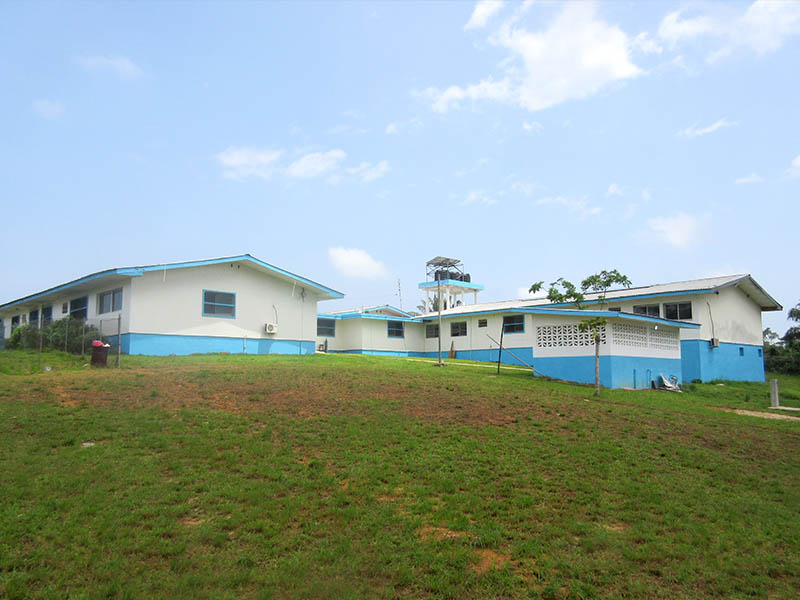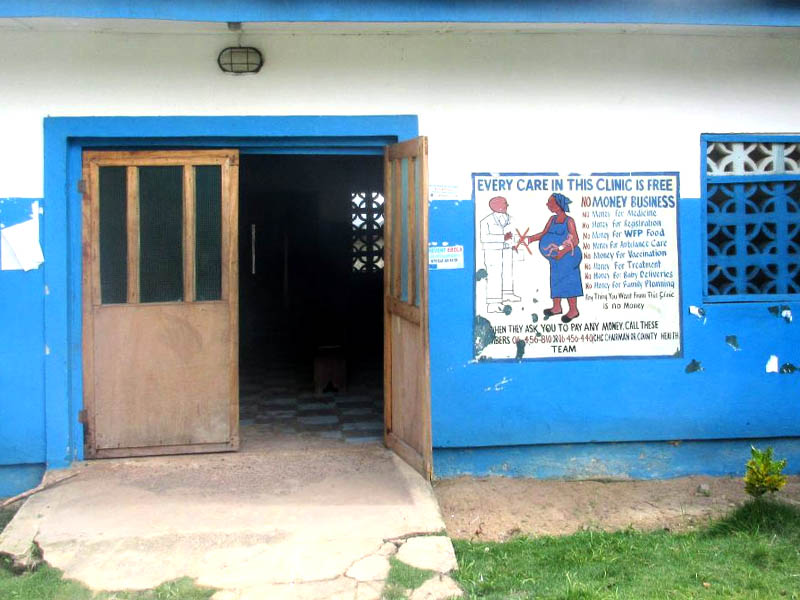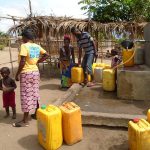Date
05/2016 – 08/2016
Country
Liberia
Client
KfW
Financing Institution
German Ministry of Economic Cooperation and Development
Consortium Partner
n/a
m4h Key Areas
Health Services
Project Description
The German Ministry of Economic Cooperation and Development allocated a grant of 15 million Euro through the KfW Development Bank to Support the Liberian Government’s Investment Plan to Build a Resilient Health System. Liberia lost most of its health infrastructure due to a devastating 14-year civil war that ended in 2003, leaving the country among the least developed nations worldwide. Liberia also suffered heavily from the 2014/2015 Ebola epidemic in West Africa which caused the loss of around 4.500 lives only in this country. In order to increase the quality of health service provision, KfW aims to improve the health infrastructure in the southeastern counties of Grand Gedeh, Sinoe, Grand Kru and River Gee, in which KfW is already active since more than 10 years, financing the Reintegration and Recovery Program. m4h was contracted to conduct a project identification and formulation mission for the new health program and developed a strategy and plan of actions based on the needs of the population and the results of the analysis of the current status of the existing health facilities and services.
Scope of work
The m4h study team composed of m4h partners and employees as well as national experts covering all relevant technical areas (public health and health service planning, health facility architecture and biomedical engineering, health economics, and peace and conflict analysis) conducted a field trip and identified 15 health facilities from basic primary health centers to county hospitals to be included in the new project. The consultant team also met with several international and national NGOs in order to determine a structure that would be best suited to implement the construction and rehabilitation measures on the one hand, and the accompanying measures on the other hand.
Findings and Recommendations
Besides the modernization or new construction of health facilities, staff housing and maternity homes will be provided to strengthen staff retention and improve accessibility to basic emergency obstetric care, especially in areas with difficult geographical access. In addition, the establishment of sustainable systems for continuing maintenance of equipment, buildings, and installations, the management of solid waste and waste water, and the provision of utilities like potable water and electricity will be important components of the program. For the maintenance of infrastructure and equipment, the development of a Public-Private-Partnership Model was proposed.





